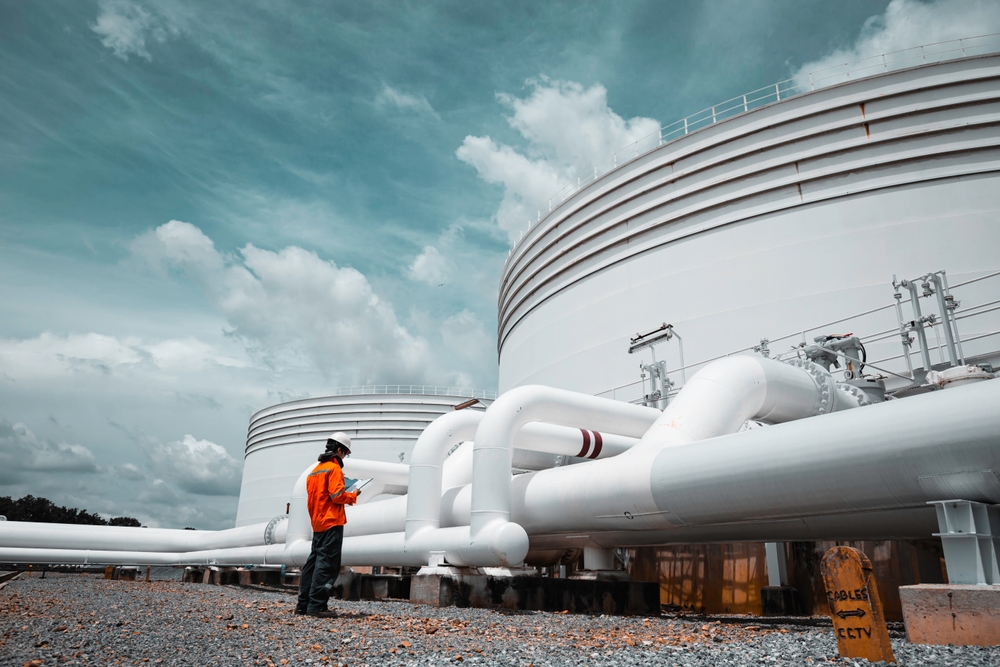
.jpg)
This course discusses the design calculations and operations of pipes, boilers and pressure vessels, rotating equipment, etc. with emphasis on important safety and efficiency factors in industrial systems. Participants learn the skills to carry out vital design computations, material selection, and the application of engineering standards to the performance and reliability of these basic parts of engineering activities.
| City | Start Date | End Date | Fees | Register | Enquire | Download |
|---|---|---|---|---|---|---|
| Vienna | 23-06-2025 | 27-06-2025 | 6200 $ | Register | Enquire | |
| Dubai | 07-07-2025 | 11-07-2025 | 4300 $ | Register | Enquire | |
| Casablanca | 14-07-2025 | 18-07-2025 | 4950 $ | Register | Enquire | |
| Bali | 21-07-2025 | 25-07-2025 | 4950 $ | Register | Enquire | |
| London | 28-07-2025 | 01-08-2025 | 6200 $ | Register | Enquire | |
| Istanbul | 04-08-2025 | 08-08-2025 | 4950 $ | Register | Enquire | |
| Madrid | 11-08-2025 | 15-08-2025 | 6200 $ | Register | Enquire | |
| Singapore | 18-08-2025 | 22-08-2025 | 5500 $ | Register | Enquire | |
| Dubai | 25-08-2025 | 29-08-2025 | 4300 $ | Register | Enquire | |
| Cairo | 01-09-2025 | 05-09-2025 | 3950 $ | Register | Enquire | |
| Casablanca | 08-09-2025 | 12-09-2025 | 4950 $ | Register | Enquire | |
| Rome | 15-09-2025 | 19-09-2025 | 6200 $ | Register | Enquire | |
| London | 29-09-2025 | 03-10-2025 | 6200 $ | Register | Enquire | |
| London | 06-10-2025 | 10-10-2025 | 6200 $ | Register | Enquire | |
| Casablanca | 13-10-2025 | 17-10-2025 | 4950 $ | Register | Enquire | |
| Dubai | 20-10-2025 | 24-10-2025 | 4300 $ | Register | Enquire | |
| Istanbul | 03-11-2025 | 07-11-2025 | 4950 $ | Register | Enquire | |
| Casablanca | 10-11-2025 | 14-11-2025 | 4950 $ | Register | Enquire | |
| Rome | 17-11-2025 | 21-11-2025 | 6200 $ | Register | Enquire | |
| Kuala Lumpur | 24-11-2025 | 28-11-2025 | 4950 $ | Register | Enquire | |
| London | 01-12-2025 | 05-12-2025 | 6200 $ | Register | Enquire | |
| Madrid | 08-12-2025 | 12-12-2025 | 6200 $ | Register | Enquire | |
| Cape Town | 15-12-2025 | 19-12-2025 | 5600 $ | Register | Enquire | |
| Dubai | 29-12-2025 | 02-01-2026 | 4300 $ | Register | Enquire |
This steam boiler training program provides participants with the correct methods for performing work and routine maintenance to ensure the continuous efficient operation of boiler plants while minimizing operating costs. The course covers steam boiler operation concepts, types, and key internal mechanisms, and involves hands-on practice with boiler operations, control tests, maintenance, troubleshooting, and burner management systems. By the end, participants will enhance safety, reliability, and efficiency, extend boiler life, reduce energy costs, and foster safe work practices. Additionally, design, inspection, and testing of static working principles will be addressed.
By the end of this piping and pressure vessels design course, participants will be able to:
Unit 1: Boiler Inspection, Maintenance, and Repairs
Unit 2: Boiler Troubleshooting and Prevention of Accidents
Unit 3: Pressure Vessels, Tanks, and Piping Systems
Unit 4: Boilers and Valves: Technology and Principles of Design and Structure
Unit 5: Inspection, Monitoring & Maintenance Engineering
Unit 6: Design, Operation, and Monitoring Methods
Unit 7: Steam Turbines Design, Operation, and Monitoring Methods
Unit 8: NACE Corrosion
Unit 9: API 571 - Corrosion & Materials
Unit 10: Expansion Effects and Compensating Methods

.jpg)

.jpg)
.jpg)














